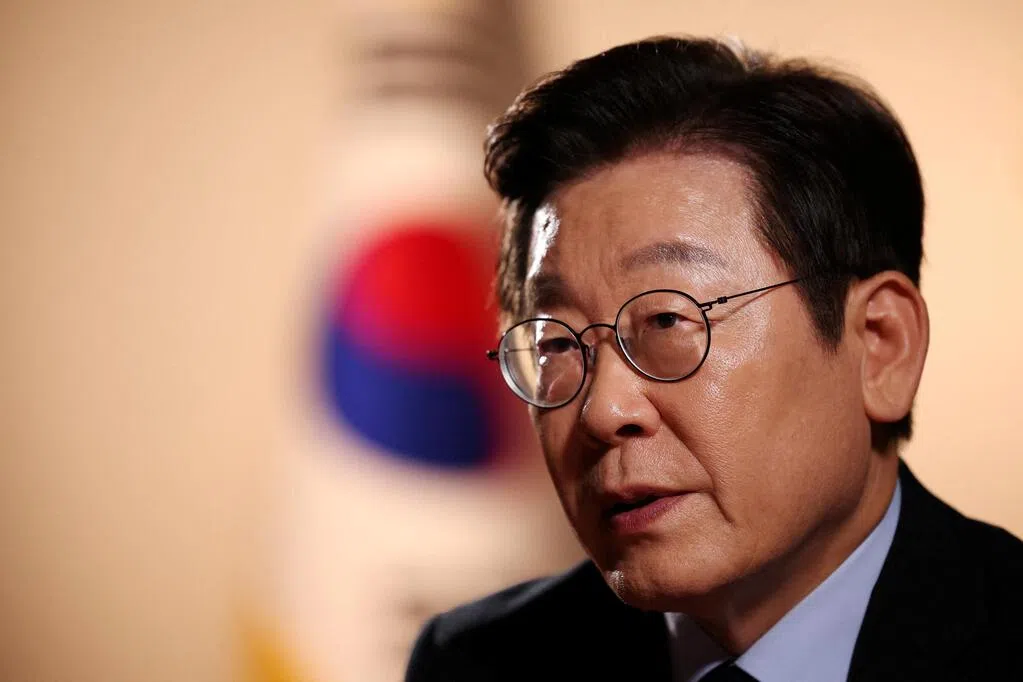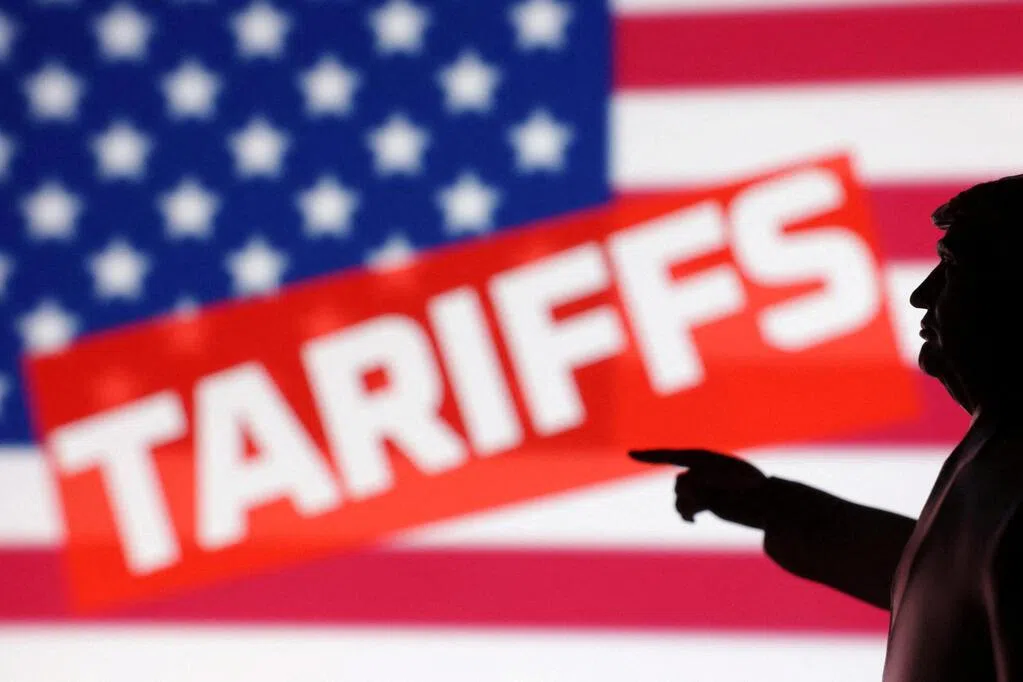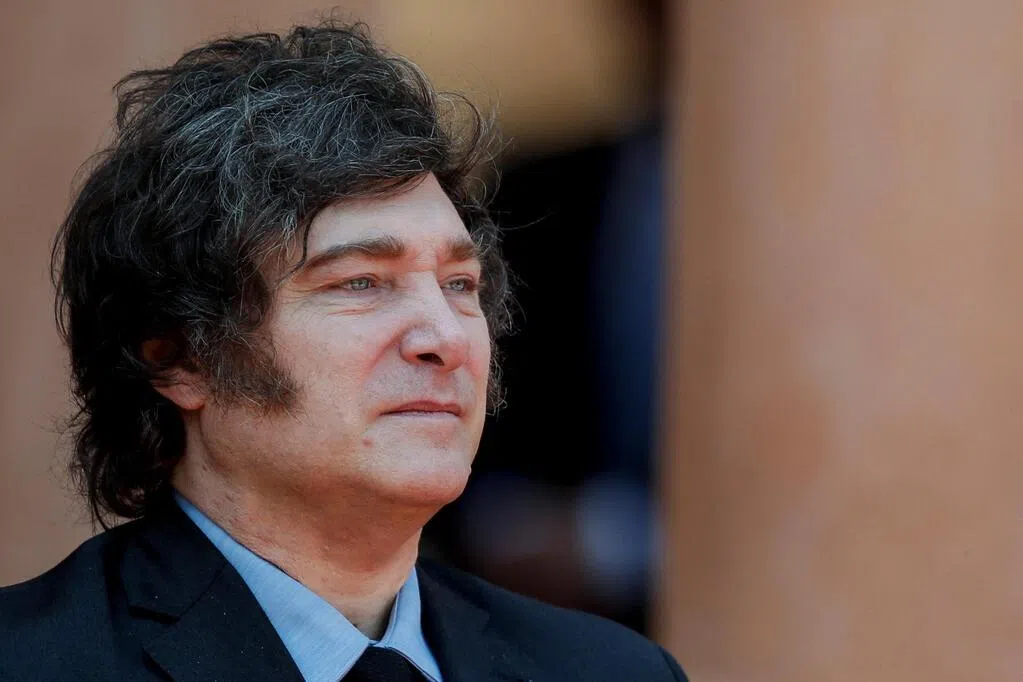Despite US President Trump's recent claim that US-South Korea tariff negotiations are "nearing a conclusion," South Korea's presidential office publicly stated for the first time on Monday (October 27) that even if a US-South Korea summit were held this week, significant differences remain on key issues, making it unlikely that an agreement could be reached before the Asia-Pacific Economic Cooperation (APEC) summit.
In an interview with Bloomberg on the 27th, South Korean President Lee Jae-myung noted that the biggest sticking point in the US-South Korea trade negotiations—a $350 billion (S$454 billion) investment package for the US—remains at a stalemate. He admitted that the negotiations are currently deadlocked over five core issues: investment method, amount, implementation timetable, loss sharing, and profit distribution.
Since the two countries reached a broad framework agreement in July, South Korea and the US have struggled to reach a breakthrough on the investment structure and implementation mechanism. South Korea advocates a phased approach and the introduction of diversified financing models to mitigate foreign exchange market shocks, while the US insists on increasing the cash contribution ratio and accelerating the implementation process. It is widely believed that whether the US-South Korea summit in Gyeongju on the 29th will produce substantive results remains uncertain. Lee Jae-myung said, "Of course, the United States will seek its best interests, but this cannot come at a devastating cost to South Korea. Despite differences of opinion, dialogue continues. Delay does not mean failure, and we believe that as allies, we can ultimately reach a reasonable outcome."
Lee Jae-myung's cautious stance contrasts sharply with Trump's optimistic tone. In an interview aboard Air Force One on the 24th, Trump said, "We (South Korea and the United States) are very close to reaching an agreement. If they (South Korea) are ready, I'm ready too."
Extended Reading


On the 27th, South Korea's National Security Office's Third Deputy Director, Oh Hyun-joo, told the Foreign Correspondents Club of Seoul that the likelihood of reaching an agreement during the APEC meeting was extremely low, and added that the prospects for resuming engagement between North Korea and the US in the near future were also not optimistic.
Analysts suggest that Lee Jae-myung's absence from the welcome dinner hosted by Trump on the first day of the ASEAN summit, opting instead to attend a forum with overseas Chinese, may also be a deliberate attempt to maintain distance.
It is understood that South Korea and the US are particularly divided over the implementation details of the $350 billion investment fund. The US demands that South Korea contribute $25 billion in cash annually over the next eight years, bringing the cash contribution to 50-60%. South Korea, on the other hand, insists that $10 billion is the maximum annual contribution and that the cash contribution must not exceed 30%.
Bank of Korea officials noted that South Korea can only raise $15-20 billion annually without impacting the foreign exchange market, which has become a major constraint in the negotiations.
A close presidential official revealed that the two sides may seek a compromise between $10 billion and $20 billion annually, but they have yet to reach a consensus on investment decision-making power and profit-sharing mechanisms. Lee Jae-myung emphasized that the fund's operations must be commercially sound, and that South Korea should participate in investment decisions to prevent the US from monopolizing control and shifting principal risk to South Korea.
Regarding profit distribution, the US advocates a 50-50 split before the principal is repaid, while South Korea insists on a 9:1 ratio, arguing that South Korea should bear the entire investment and receive the majority of the profits to expedite a return on investment.
Professor Kim Deok-hwang of the Department of International Commerce at Myongji University stated, "While the South Korean government is under pressure from issues such as anti-disparity in auto tariffs, the Trump administration has no intention of prolonging negotiations until the midterm elections in November next year. Even if this summit fails to produce a substantive agreement, the likelihood of reaching some form of agreement within the year remains high as subsequent negotiations continue."



